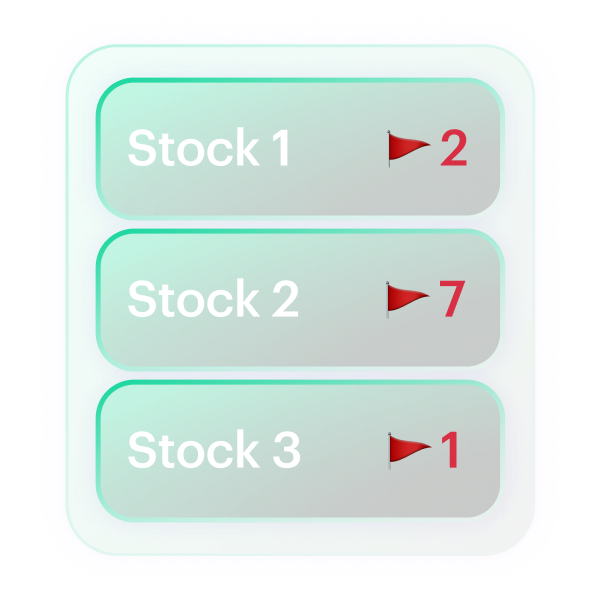Last Updated on May 24, 2022 by Aradhana Gotur
The activity of buying and selling shares with the aim of making profit is termed as share trading. The trading system has its roots in the barter system that was used as a medium of exchange. Soon, the barter system was found inconvenient since the standard of measure of product value could not be determined. This marked the beginning of various inventions such as currency as a measure of exchange, credit facilities, share trading and others.
Today, many online and mobile applications are available that enable you to directly buy and sell stocks and other securities by yourself without having to deal with brokers or agents directly. All information such as price, value of assets determined by valuation methodologies, research and analysis, declarations by companies, and so on, are available upfront so that investors can make informed choices in their share trading.
Table of Contents
Types of trading
Predominantly, there are five types of share trading. Each has been explained below:
- Day trading: Under this type of share trading, the shares are purchased and sold within the day. The stocks are held for a few minutes or hours. You need to close your transactions prior to closure of the market for the day. To be able to ace this kind of trading, you must be well-versed with market volatility and stock price movements.
- Swing trading: This method is useful to capitalise the short-term highs in the value of a stock. Usually, the stocks are sold within 1-7 days of purchasing it. You may need to mark the movement patterns of the stock to be able to execute it correctly and earn gains out of the transaction.
- Position trading: When you see some potential stock that may be realised in the long term, you can use this method of trading. You may be required to hold stocks for months till they mark the upwards movement.
- Momentum trading: You need to track and analyse the momentum of a stock either upwards or downwards. In case of upward momentum, you may sell shares and try to capitalise the gain on the same. In case of downward momentum, you may purchase shares to sell it later when the prices go high.
- Scalping: In this type of share trading, the investor tries to bring in profits from effecting many transactions during the day. It is very much similar to day trading, the difference being that the shares are held for much less time than that of day trading. The investors buy and sell shares instantly, to make marginal profit in each trade. One needs to remember that transaction costs and STT is applicable in every trade, so the profit from all the trades done during the day needs to be large enough to actually close the day in profits! Hence, it is quite important to gain market experience before dealing in such a type of share trading.
What happens when you buy a share?
You can become a part owner of a company when you buy the shares of that company, equivalent to your share purchase. Shareholders have got a right to vote on the key decisions of the company and also have their say in the governance of the company. This may be more beneficial to the individuals holding a huge stake in the company. For moderate investors, the benefits lie in the form of appreciation of the stock price and dividends paid out by some companies.
How are share prices determined?
Just as other commodities, the price of a stock is determined based on its demand and supply. If the company is expected to earn better profits, many investors would like to buy shares and it would lead to price rise. Similarly, if any negative news is circulated, many investors would sell shares and this would lead to the price decline. Instant profit seeking investors would buy and sell at the same day and square off their position before the closing bell.
Difference between trading and investing
When shares are bought and sold within a very short time, it is called share trading. On the other hand, investing means taking a long-term approach to the markets. It is very important to gain knowledge of the market know-how before jumping into either of these activities.
How to start share trading?
The first step towards share trading is to find a SEBI registered stock broker who shall allow you to open a Demat account and trading account. You cannot trade directly with the stock exchange, and hence, the entire process is routed through stock brokers. It is recommended to get in touch with those brokers who provide an online demat and trading facility. While selecting the broker, also check the brokerage charges on every order you place.
The shares you purchase are held in a digital format in a Demat account and can be transacted on the stock exchange with the help of a trading account. The account shall be active on submission of the following KYC documents:
- PAN card
- Details of bank account
- Address proof
- Identity proof
Once the account is active, log in to your account with the ID and password provided to you. Thereafter, add money into your trading account. The transaction is completely reversible. You can move your money from a trading account to your bank account as well.
Now that you are ready for online trading, you can have a look at the live market prices of shares from your trading account. After you are confident about a scrip with your analysis, you can start the journey of buying and selling shares.
FAQs
Is online share trading risky?
Every day is a new day in the stock market. There can be a sudden drop in price or the prices may go up instantly depending upon the circumstances. It may be risky if you are not able to follow the market trend correctly.
How to open an online share trading account?
The procedure of opening up a trading account is quite simple and shall be a matter of 15 minutes if the required documents are handy. The documents required for this are a PAN card, ID proof, address proof and bank details.
What is required for share trading?
A trading account and a Demat account are the two mandates for share trading. The bank account and the trading account should be linked so that the amount can be transferred directly to the bank account and vice versa. Some basic knowledge of how the market works would come handy in market dealings.
- Top Fund of Funds (FOF) in India – Full Form, Types & More - Mar 28, 2025
- Bond Funds – Meaning, Types, Risks, and Benefits - Mar 27, 2025
- Money Market Mutual Funds: Meaning, Benefits, Liquidity and Taxation - Mar 13, 2025




